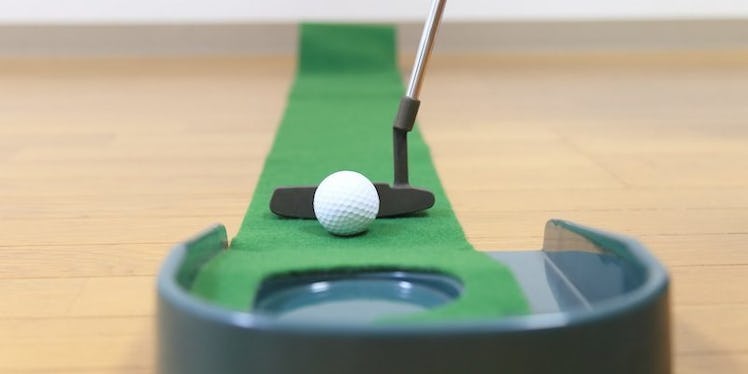
Here's The Fastest Way To Learn A New Skill, According To Science
Repetition might not be the best way to learn something new.
According to Motto, a study conducted at Johns Hopkins University School of Medicine found adding variety to a training exercise significantly increases the speed at which one masters a new motor skill.
For the study, researchers enlisted 86 volunteers who were tasked with learning how to move cursors on screens by squeezing small devices rather than simply using mouses.
Participants were split into three groups, and each group was given 45 minutes to practice this skill.
Two of the groups engaged in a second practice session six hours later, and the third group acted as a control by not completing a second session.
The first group repeated the same training exercise as before in the following session, whereas the second group engaged in a slightly different exercise.
All the participants were then tested again to see how well they could perform the skill.
The third group performed the worst, which was expected since these participants engaged in just one training session.
Surprisingly, however, the first group did worse than the second.
Engaging in a modified version of the original practice exercise allowed the second group to perform twice as well as the first group, Science Alert reports.
Lead researcher Pablo Celnik said,
What we found is if you practice a slightly modified version of a task you want to master, you actually learn more and faster than if you just keep practicing the exact same thing multiple times in a row.
The key to speeding up the learning process appears to be reconsolidation, a process during which memories are modified, thanks to new knowledge about the subject at hand.
Celnik noted changes in training methods should be small, like using baseball bats of slightly different weights when learning how to hit a certain pitch.
He said,
If you make the altered task too different, people do not get the gain we observed during reconsolidating.
Once these findings are confirmed by further studies, the research could be applied to various types of rehabilitation. For example, amputees could have an easier time learning how to use prosthetic limbs, and stroke victims could make quicker recoveries.
Citations: How to Learn New Skills Twice as Fast According to Science (Motto), Scientists have found a way to help you learn new skills twice as fast (Science Alert)